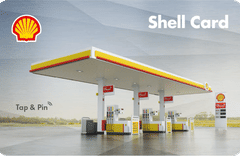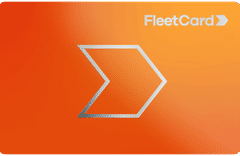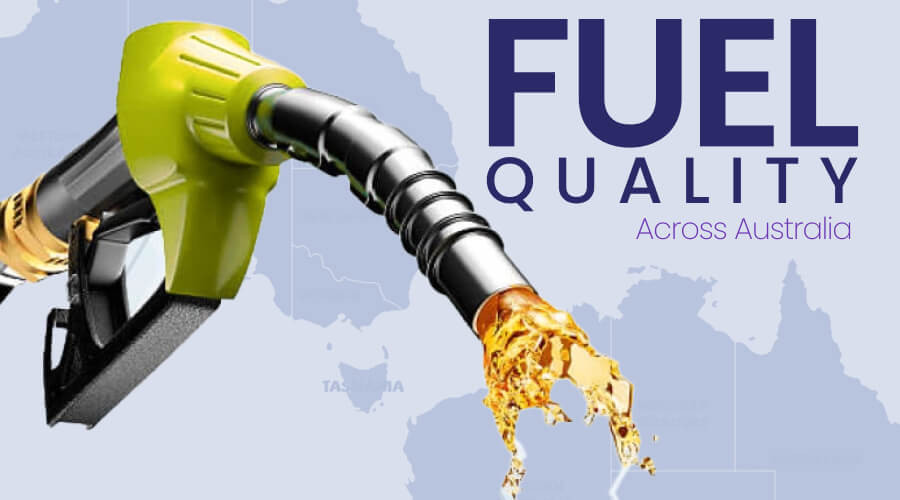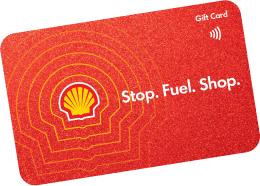The quality of petrol and diesel does vary between fuel stations in Australia, but perhaps not in the way you might think. While all fuel sold here must meet strict government standards, the differences come down to the additives each brand uses and the marketing behind them.
In this blog, we’ll dig into the myths and facts about fuel quality, helping you make informed decisions at the pump. Whether you’re curious about the best petrol or diesel, or wondering if premium fuels are worth the extra cost, we’ve got the answers.
Understanding Fuel Quality Standards in Australia
In Australia, all petrol and diesel must adhere to strict quality standards, thanks to the Fuel Quality Standards Act 2000. This means that no matter where you fill up, the fuel you’re getting meets a high level of quality and safety.
The Fuel Quality Standards Act 2000 sets out clear requirements for the quality of petrol and diesel sold in Australia. This ensures that all fuels meet necessary operability and environmental standards.
Most of the fuel sold in Australia comes from the same source (we’ll get to that in a minute). The big difference happens when some fuel companies add their own special additives to premium fuels, which they claim help clean engines.
To make sure fuel standards are met, the National Measurement Institute and the Department of Climate Change, Energy, the Environment and Water regularly check the quality of fuel and the accuracy of pumps at stations across Australia.
Rest assured, however, when it comes to things like sulphur content and octane ratings, fuel retailers are selling fuel of mostly equal quality because they’re required to by law.
Where Does Australia’s Fuel Come From?
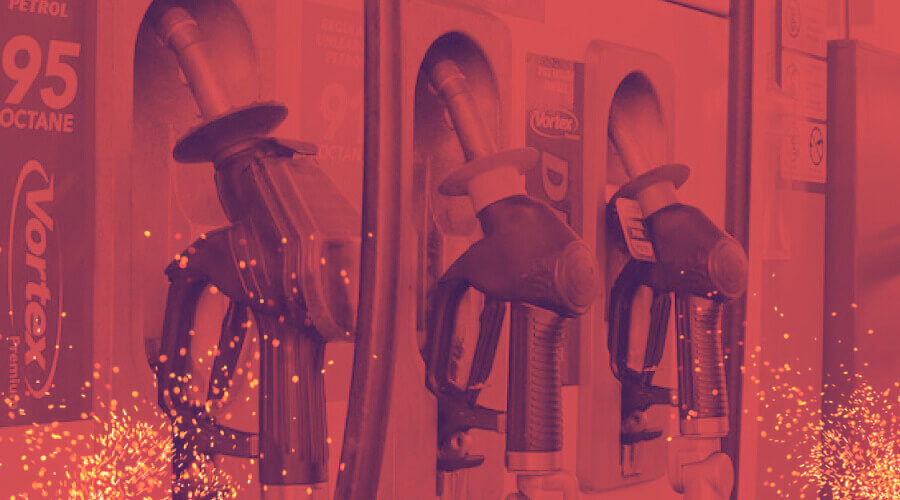
Most of the fuel in Australia, whether it’s petrol or diesel, comes from the same base source. This means that the raw fuel you get at different stations initially starts out very similar.
Additives
Once this base fuel is distributed to different fuel companies, they add their own special mix of additives. These additives are meant to improve the fuel in various ways, such as helping to clean your engine or improve performance.
Some additives might actually help your car run better, while others might not make much difference at all.
Marketing Influence
Fuel companies spend a lot on marketing to convince you that their fuel is the best. They use catchy slogans and slick advertisements to make their brand stand out. This marketing can make us believe that one brand of fuel is significantly better than another.
However, because of strict regulations, the basic quality of fuel remains largely the same across different brands. The real differences are often more about perception than performance.
So, while the base fuel you get is pretty consistent in quality, the additives and marketing can create the impression that some fuels are superior to others (but it’s not always the case!).
Petrol Quality Explained
The Research Octane Number (RON) is a way to measure how effective petrol is at preventing knocking or pinging in your engine. The higher the RON, the smoother and more efficient your engine will run.
Knocking / Pinging: This noise happens when fuel ignites unevenly in your engine, causing a knock or ping sound. It reduces performance and can damage your engine over time. Using the right petrol with the correct RON rating for your car helps prevent this.
Different RON Ratings
- 91 RON (Regular Unleaded Petrol): This is the standard petrol you’ll find at most stations. It’s great for everyday cars and is usually the cheapest option.
- 95 RON (Premium Unleaded Petrol): This petrol offers a bit more kick and efficiency. It’s ideal for cars that need a little more power than the regular stuff.
- 98 RON (Super Premium Unleaded Petrol): This is top-of-the-line petrol. It’s made for high-performance and luxury cars, giving them the best performance and efficiency.
Manufacturer Recommendations
At the end of the day, it’s most important you use the type of petrol your car’s manufacturer recommends. If your car is built to run on 91 RON, there’s no need to spend extra on 95 or 98 RON – you won’t see much benefit.
However, if your car needs 95 or 98 RON, using regular petrol can cause engine problems and reduce performance.
Always check your car’s manual to know which petrol to use to keep your engine happy and running smoothly.
Enquire to save
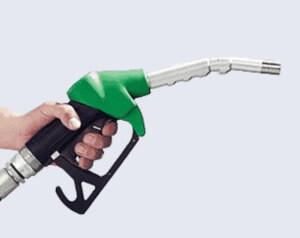
Diesel Quality Explained
Types of Diesel
- Automotive Diesel: This is the regular diesel you get at most fuel stations, used in cars, trucks, and buses.
- Renewable Diesel: Made from renewable sources like vegetable oil, this diesel is better for the environment.
- Synthetic Diesel: Made from natural gas or plant materials, synthetic diesel burns cleaner and more efficiently.
Cetane Rating
The cetane rating tells you how well diesel fuel burns in your engine. In Australia, diesel must have a cetane rating of at least 46 to make sure it performs well.
Premium vs. Regular Diesel
Both premium and regular diesel meet the same basic quality standards set by the government, so you can be sure you’re getting decent fuel no matter which one you choose.
The Role of Additives
The main difference is that premium diesel has extra additives. These additives are supposed to help clean your engine and improve its performance (but again, there’s not much evidence to suggest these additives make much of a difference).
The additives in premium diesel may help keep your engine cleaner, which might be beneficial over time. However, for most everyday driving, the difference might not be very noticeable. If you drive a standard vehicle for regular commutes and errands, you might not see a big improvement from using premium diesel.
Cost Implications & Recommendations
Premium diesel does cost more than regular diesel. Given that the performance benefits for most drivers are minimal, it’s usually smarter to stick with regular diesel. You’ll save money at the pump, and your vehicle will still run smoothly if it’s designed to use standard diesel.
However, if your vehicle specifically recommends or requires premium diesel, or if you notice a significant boost in performance or efficiency, then it might be worth the extra cost.
Truck Diesel vs. Regular Diesel
Key Differences
- Pump Nozzle Size: Truck diesel pumps have wider nozzles compared to regular diesel pumps. This larger size helps fill up large truck tanks more quickly but can be awkward for smaller vehicle tanks.
- Flow Rate: The fuel from truck diesel pumps flows at a faster rate. This is great for quickly filling up big trucks but can be hard to manage for regular cars and smaller vehicles, making it easy to spill.
- Price Comparison: Truck diesel is often cheaper than regular diesel. This lower price is partly because it has fewer additives and isn’t marketed as a premium product. But it’s mostly the same product at the end of the day.
Who Should Use Truck Diesel and Why?
Truck diesel is designed for large vehicles like trucks, buses, and sometimes commercial vans. If you drive a regular car or a smaller vehicle, just use regular diesel. The fast flow rate and wider nozzle of truck diesel pumps can make fueling up tricky and even dangerous for smaller tanks.
Enquire to save

What to Know About Premium Fuels & Additives
Premium Fuel Brands in Australia
In Australia, several major fuel brands offer premium fuel options:
- BP Ultimate: Known for its high octane rating and special cleaning additives, BP Ultimate aims to boost your engine’s performance and efficiency.
- Shell V-Power: Marketed as a high-performance fuel, Shell V-Power includes additives designed to clean and protect your engine.
- Caltex Vortex Premium: Caltex offers Vortex 95 and Vortex 98, both promising better engine performance and cleaning benefits.
- Ampol Premium: Ampol’s premium fuels also have additives that aim to improve fuel efficiency and keep your engine clean.
Additives in Premium Fuels
Premium fuels come with various additives that promise several benefits (whether they deliver is another question):
- Engine Cleaning: Many premium fuels contain detergents that help clean your engine, reducing buildup and improving performance.
- Improved Combustion: Additives can make the fuel burn more efficiently, leading to better power output and smoother engine operation.
- Corrosion Protection: Some premium fuels include ingredients that help protect engine parts from rust and wear.
Cost vs. Benefit Analysis
Deciding whether to pay extra for premium fuels depends on a few things:
- Vehicle Requirements: If your car’s manufacturer recommends or requires premium fuel, using it can prevent engine knocking and keep your car running smoothly.
- Performance Benefits: For everyday driving, the benefits of premium fuel might be minimal. However, in high-performance engines, premium fuel can improve power and efficiency.
- Cost Considerations: Premium fuel costs more than regular fuel. If your vehicle doesn’t specifically need premium fuel, the extra cost might not be worth it for the small performance gains. For most drivers, sticking to the manufacturer’s recommended fuel type is the best way to balance cost and performance.
While premium fuels can offer some benefits, they are most useful for vehicles that specifically need them. For many drivers, regular fuel is just fine and more budget-friendly.
Australian Fuel FAQs
What is the best quality petrol type in Australia?
The best quality petrol type in Australia is usually 98 RON (Super Premium Unleaded Petrol). It has the highest octane rating, which can help your car perform better and run more efficiently. However, if your car doesn’t specifically need 98 RON, sticking with the recommended type (like 91 or 95 RON) is usually the best choice.
Does premium diesel offer any performance advantages over regular diesel?
Premium diesel has additives that may help keep your engine cleaner, but for everyday driving, the performance benefits are usually small – or in some cases, non-existent. Unless your vehicle specifically requires premium diesel or you notice a big difference in how your car runs, regular diesel is typically just fine and will save you money.
Is it better for my car to use premium petrol even if it’s not recommended?
If you’re using higher octane petrol, like 98 RON, in a car that only needs 91 RON, you’re just spending extra money unnecessarily. Higher octane petrol can offer slight performance and fuel efficiency improvements in vehicles designed for it, but any small savings in fuel costs will be outweighed by the higher price per litre. It’s best to use the petrol type recommended by your car’s manufacturer. So, if your car requires 95 RON, stick with that.
Is fuel from some brands better for my car than others?
While there may be slight variation to fuel between brands, no brand consistently stands out as better. Australia has national fuel standards that apply to all service stations, ensuring a basic level of quality. Issues like fuel contamination are very rare.
Is it okay to use a lower octane petrol than the one recommended for my car?
No! Using lower octane petrol than recommended can damage your engine and void your warranty. The RON (Research Octane Number) indicates how well the fuel can resist knocking. If you use 91 RON petrol in a car that requires 98 RON, you might hear knocking or pinging sounds, which is the fuel detonating uncontrollably. Saving money with lower octane petrol now can lead to expensive repairs later.
Do some fuels really clean engines as claimed by fuel companies?
There’s no independent research to back up the claims that certain fuels can clean engines. These claims are largely promotional and not verified by third-party studies.
Why are fuel prices higher in the country than in the city?
Fuel prices are often higher in regional areas due to the cost of transporting fuel over long distances. Additionally, there’s usually less competition in the country, so prices don’t need to be kept as low. Regional stations also sell less fuel than city one..
What happens if I accidentally put the wrong fuel in my car?
If you put 95 RON or 98 RON petrol in a car that only needs 91 RON, it won’t harm the car but will cost you more. However, using lower octane petrol than recommended can damage the engine over time. The worst mistake is putting petrol in a diesel car, which can cause severe engine damage if driven. If this happens, don’t start the engine—call for roadside assistance to have the fuel tank drained. Different types of fuel and inconsistent pump labelling mean you should always double-check before filling up.
Read more

